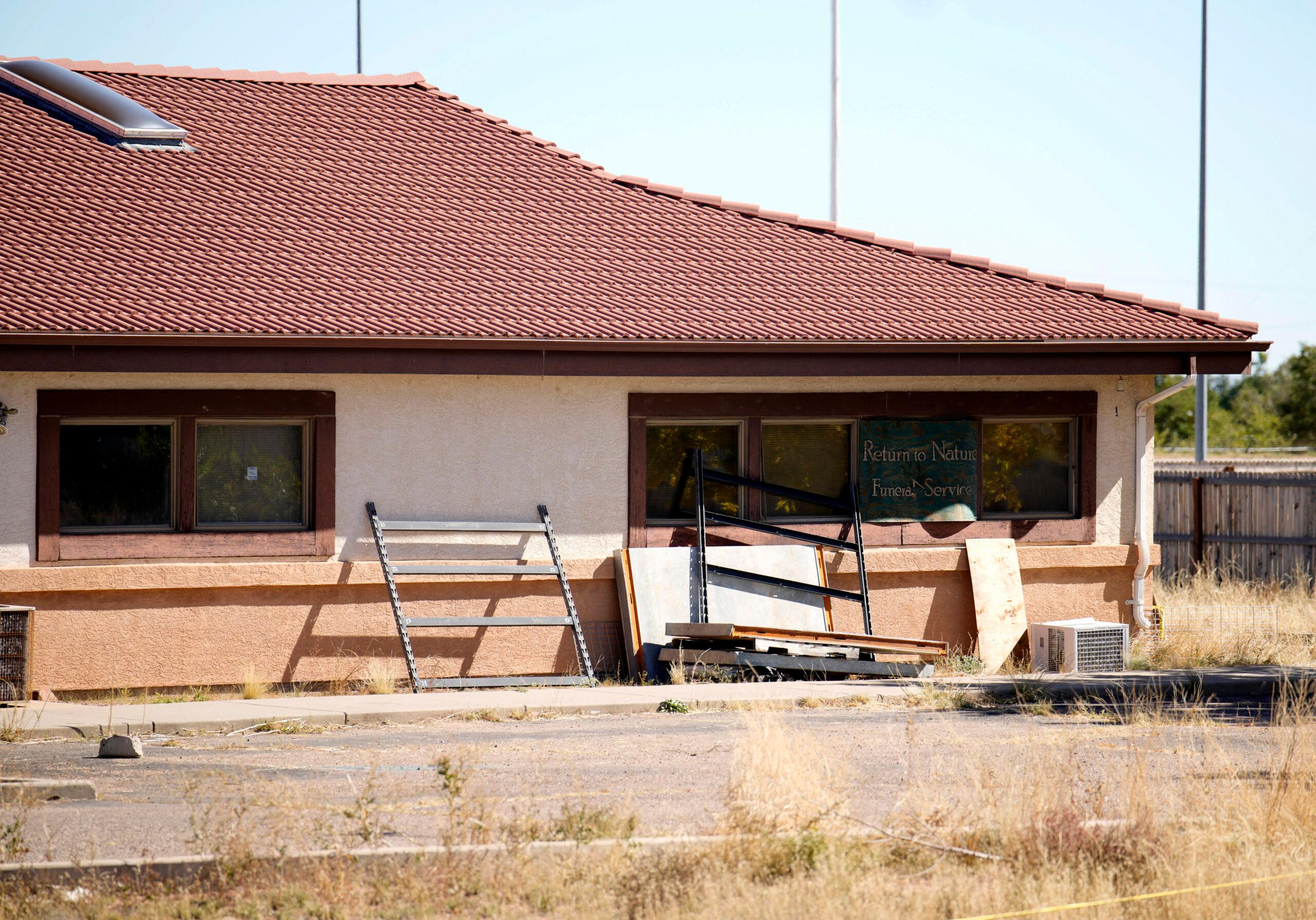Last night lawmakers called it quits on one of the biggest decisions facing them this session. They were supposed to agree on new Congressional boundaries to evenly divide the state’s population among the seven districts. But the bill died in its final committee.
________________________
Last December, House Speaker Frank McNulty stood with other legislative leaders and proclaimed that this time -- this time! -- redistricting was going to be different.
MCNULTY: "One of our goals is to take what is always one of the most partisan of issues down at the state capitol, try to take the heat out of it, take the politics out of it, and do the work of the people."
Yesterday, that work ended in heated rhetoric and clashing politics. A bipartisan redistricting committee split on party lines and couldn’t chose a map. In public, each chamber pushed forward its own redistricting proposal. In private, Speaker McNulty and Senate President Brandon Shaffer met behind closed doors with the governor, trying to hammer out a deal. But late last week those negotiations fell apart and the recriminations started to fly. Yesterday McNulty blamed Democrats for refusing to compromise
MCNULTY: "I think that’s Brandon Shaffer shirking his Constitutional obligation to draw Congressional districts. I think it’s Brandon Shaffer finding excuses to distract people in this building from his own Congressional ambitions. And I think that he’s doing a disservice to the legislative process."
Shaffer says he’s offended by McNulty’s accusations that he’s trying to create an advantage for any future Congressional run. And Shaffer counters he was willing to make a deal, it was McNulty, he says, who was unreasonable.
SHAFFER: "Every time that we feel that we have a compromise in place, what I have observed, what I have personally witnessed, is Frank McNulty comes in and he says, not just no, but “hell no.”"
The two don’t just blame each other for the breakdown in talks -- they also accuse each other having a hidden agenda. In fact, the same hidden agenda.
MCNULTY: “It’s clear to us now that the Senate Democrats have been posturing to go to court this entire time.”
SHAFFER: “their end goal it to take this to court.”
The two sides did spend a few more hours at the negotiating table yesterday in a last-ditch effort to reach an agreement, and late in the evening they were ready for the saga’s final act.
The Senate’s State Affairs Committee met to consider a map that Senate Republicans billed as a compromise. But the discussion sounded familiar to earlier hearings, and the two sides weren’t any closer together. Senator Greg Brophy emphasized Republican’s goal that districts change as little as possible.
BROPHY: "I called this an elegant map because this map, from amongst all of the maps that have been publicly presented, splits the least number of counties and the least number of cities."
Democrats have always said their priority is competitive seats, and they didn’t like the voter distribution on Brophy’s map, saying it would skew the most districts for Republicans. Committee chairman Rollie Heath.
HEATH: "That basically locks in, in five of these districts, what appears to be people who have a darned good chance to be a Congressman or woman for life. So, um, we’ve tried..."
If that sounds like resignation, it is. Republicans on the committee urged Heath to keep the bill alive and keep negotiating for one more day, but the time for that, Heath said, had passed. The bill died on a party-line vote.
With the General Assembly wrapping up today and lawmakers sounded unenthusiastic about a special session, it looks like the next body to deal with redistricting will be the courts.









